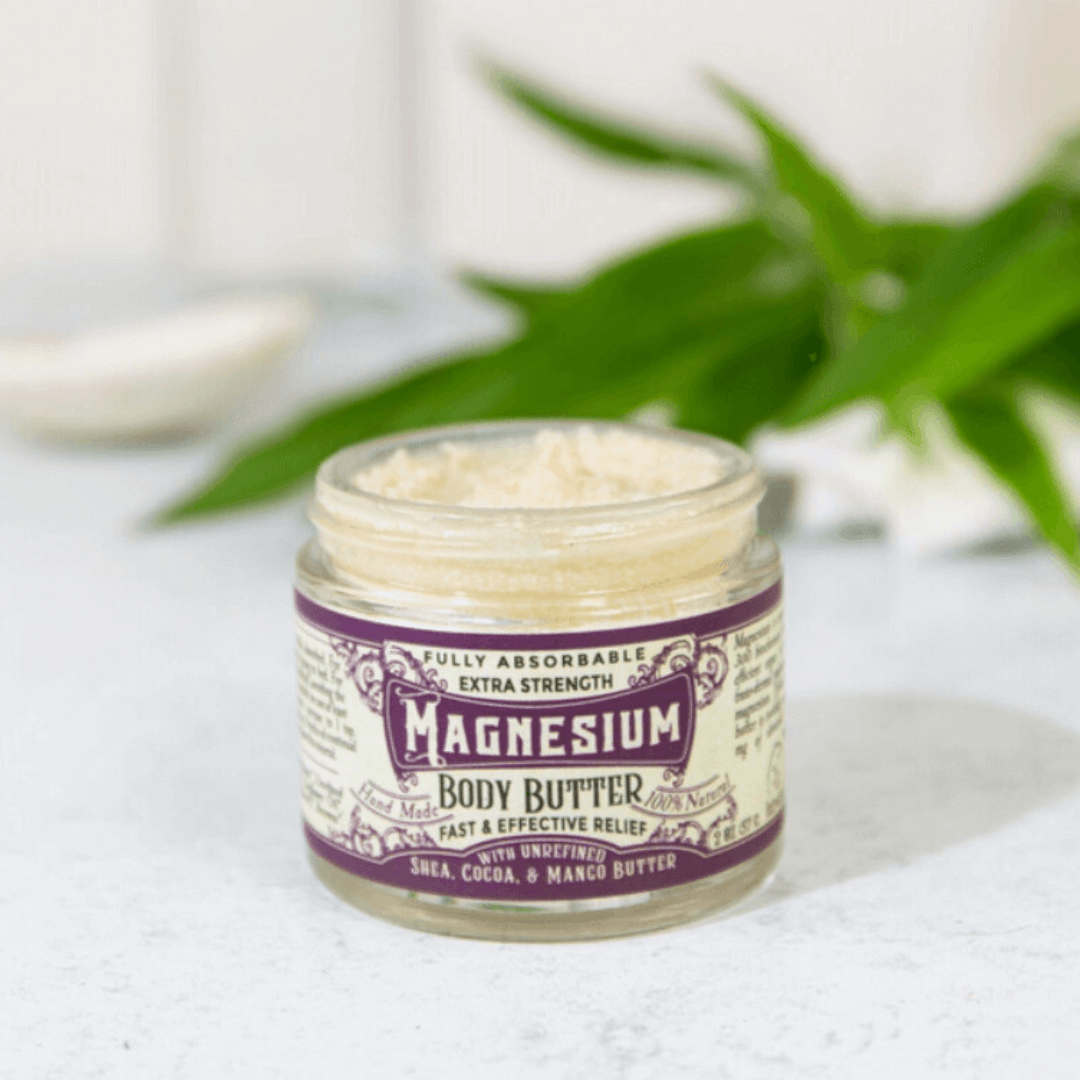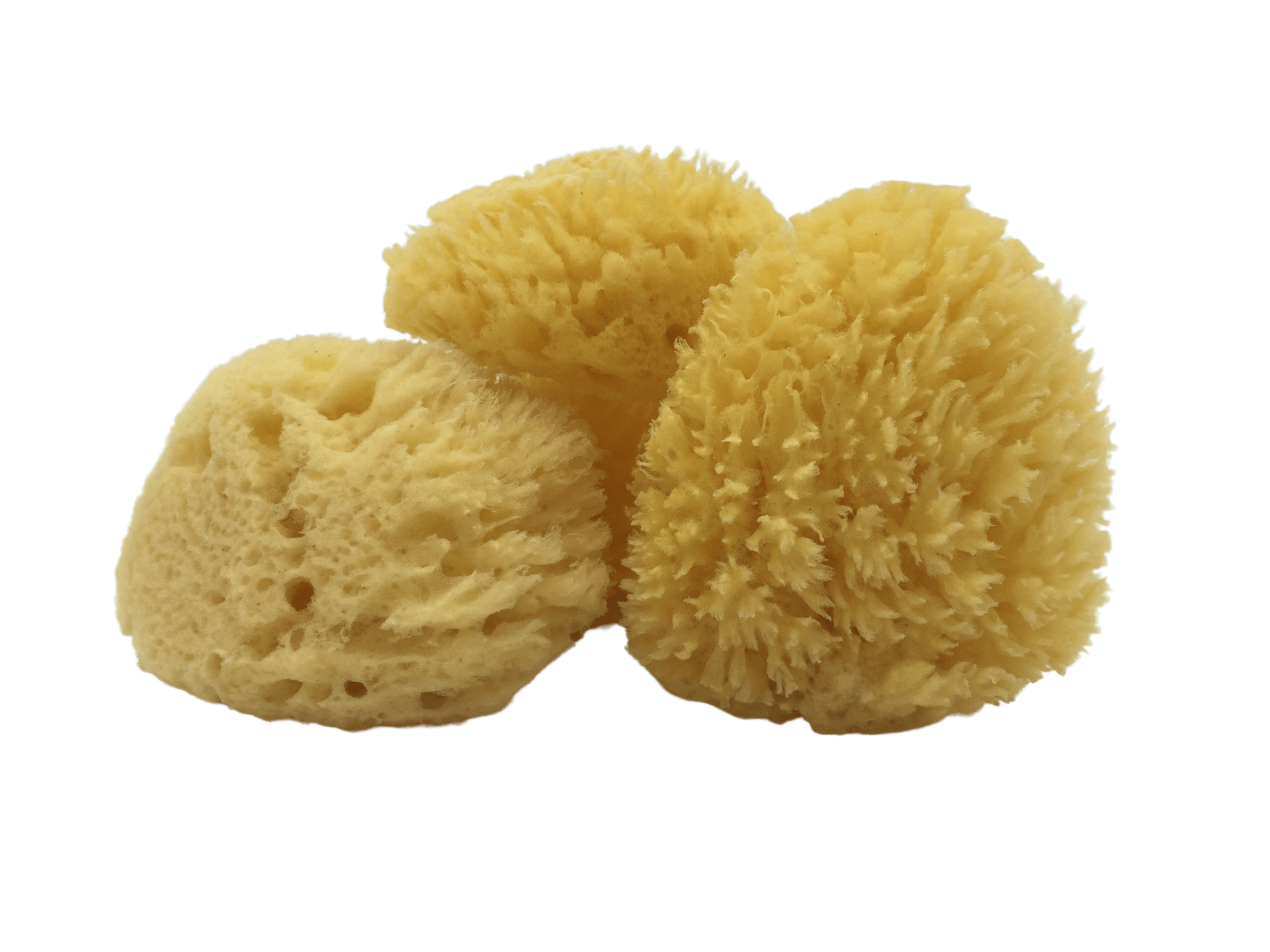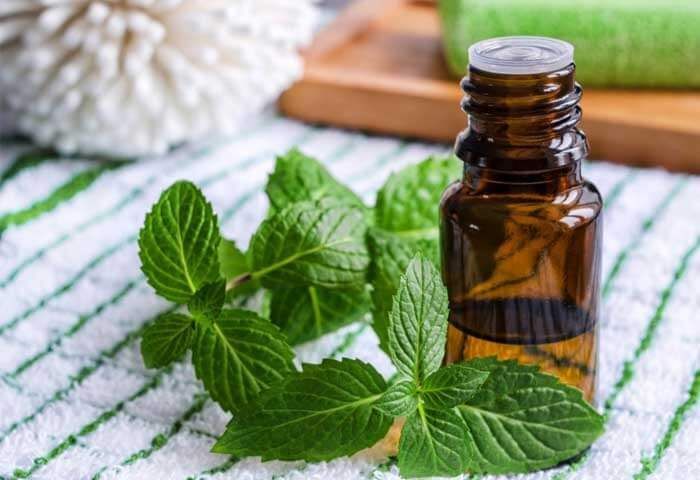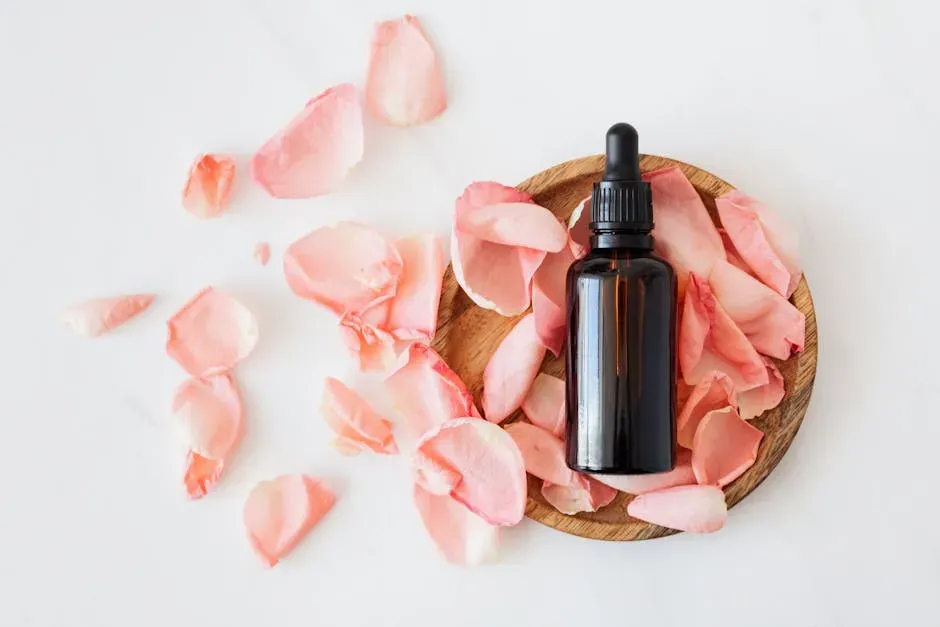The Marvel of Spilanthes Acmella: A Comprehensive Guide to Its Medicinal Power
In the world of natural medicine, few plants have received as much attention and acclaim as Spilanthes acmella (though not necessarily in the United States). Often referred to as the "toothache plant" or "electric daisy," this extraordinary herb has been used for centuries across various cultures to treat a myriad of medical conditions. From its intriguing history to its modern scientific validations, Spilanthes acmella stands as a beacon of natural healing.
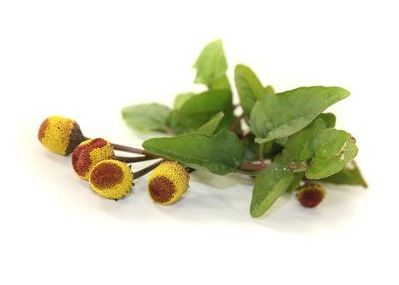
Introduction to Spilanthes acmella: History and Origins
Spilanthes acmella, a member of the Asteraceae family, which encompasses over 25,000 plant species, traces its origins to South America's tropical regions, particularly Brazil and Peru. Historically, this plant has been integral to traditional medicine systems such as Ayurveda and Traditional Chinese Medicine (TCM), prized for its powerful analgesic and anti-inflammatory properties. Indigenous communities have long relied on Spilanthes to alleviate toothaches, fevers, and throat infections, underscoring its enduring legacy as a natural remedy.
Close relatives of Spilanthes acmella, like Acmella oleracea (Brazilian cress) and Acmella paniculata (toothache herb), also offer remarkable benefits. While these species share similar characteristics, they possess distinct medicinal properties.
Beyond its medicinal benefits, Spilanthes acmella has a long history of culinary use in traditional Indian and South Asian cuisine. Its distinct flavor is often described as numbing, tingling, or electric, earning it the nickname "buzz buttons" in some regions. In these cultures, it is commonly used to add a unique twist to curries, chutneys, and salads. The plant's leaves are also used as an herb seasoning in various dishes.
Interesting fact - the Verbena, which is a drink you can order at the Chandelier Bar in the Cosmopolitan Hotel in Vegas, will quite literally make your mouth water. It comes with an edible flower that is filled with a natural alkaloid. A couple of seconds after eating it, your mouth feels tingly, your salivary glands go into serious overdrive, and your tongue is properly primed to clock all of the drink’s unusual flavors. This alkaloid is called spilanthol, and the flower is none other than the flowering portion of spilanthes acmella.
The Science Behind Spilanthes: An Overview of Active Compounds and Their Effects
The therapeutic efficacy of Spilanthes acmella can be attributed to its rich composition of bioactive compounds. Key among these is spilanthol, an alkylamide responsible for the plant’s characteristic tingling sensation and numbing effect. Other significant compounds include flavonoids, triterpenoids, and sterols, which collectively contribute to its diverse medicinal properties.
Key Bioactive Compounds:
- Spilanthol: Exhibits local anesthetic and anti-inflammatory effects.
- Flavonoids: Known for their antioxidant and anti-carcinogenic properties.
- Triterpenoids & Sterols: Contribute to the plant's anti-inflammatory and immunomodulatory effects.
Spilanthol , in particular, has garnered much attention from researchers due to its wide-ranging medicinal benefits. Studies have shown that Spilanthol possesses strong analgesic and anti-inflammatory properties, making it a potential alternative to conventional pain relievers. Furthermore, it has been found to possess antimicrobial and antiparasitic activity, making it a promising treatment for infectious diseases.
Therapeutic and Traditional Applications of Spilanthes acmella:
The unique combination of bioactive compounds in Spilanthes acmella lends itself to a variety of medicinal applications, both modern and traditional. Here a just a few:
Pain Relief and Anti-inflammatory Properties:
- Pain Relief: The analgesic effects of spilanthol are valuable in treating toothaches, headaches, and muscle pain. Traditionally, it has been chewed to alleviate dental pain.
- Anti-inflammatory: Spilanthol is effective in providing relief from inflammatory conditions such as arthritis, eczema, and psoriasis. Applied topically, it reduces skin inflammation and promotes wound healing.
Oral Health:
- Antimicrobial Properties: Spilanthes is used in mouthwashes and toothpaste to treat oral infections like gum disease and thrush, maintaining overall oral hygiene.
Immune System Support:
- Immunostimulant: It enhances the body's immune response, helping to fend off infections.
- Antipyretic: Historically, it has been used to reduce fevers and manage symptoms of the common cold.
Skin and Wound Care:
- Wound Healing: Applied topically, Spilanthes promotes the healing of wounds and ulcers.
The versatile therapeutic benefits of Spilanthes acmella make it a valuable addition to both conventional and traditional medical practices.
Contemporary Use and Research: Modern Applications and Studies
In recent years, Spilanthes acmella has caught the attention of the medical and cosmetic industries, leading to a surge in research exploring its potential applications.
Medical Applications
The potential of Spilanthes is truly remarkable, offering benefits from pain relief and anti-inflammatory effects to natural antimicrobial properties. One study highlighted the plant's effectiveness in treating rheumatoid arthritis, showing that its bioactive compounds can significantly alleviate symptoms (Lapeña et al., 2023). Another study demonstrated its capability in managing chronic pain by revealing its long-lasting analgesic effects ([Kumar et al., 2016](https://www.ncbi.nlm.nih.gov/pmc/articles/PMC4827075/)).
Additionally, a 2022 study published in Applied Sciences (Link) affirmed Spilanthes's significant anti-inflammatory properties, supporting traditional uses for reducing pain and swelling.
Imagine a world where chronic pain can be managed naturally, without relying on pharmaceutical drugs. With Spilanthes, we're getting closer to this reality.
Research has also delved into the immunomodulatory properties of Spilanthes acmella, showcasing its ability to enhance immune responses. This means it can help the body combat infections more effectively and lessen the severity of various illnesses (Dubey et al., 2021). Moreover, the plant's antimicrobial properties position it as a valuable candidate for developing new antibiotics, especially amidst rising antibiotic resistance ([Sousa et al., 2015](https://www.sciencedirect.com/science/article/pii/S0102695X15001593)).
This is significant because Spilanthes offers a natural alternative to synthetic drugs, which often come with harmful side effects. It also opens up exciting possibilities for using Spilanthes in wound healing and other medical applications requiring antimicrobial properties.
Exploring the wonders of Spilanthes not only highlights its incredible natural benefits but also underscores a shift towards more eco-friendly and sustainable healthcare solutions.
A study published in Phytotherapy Research Link underscores the powerful antioxidant properties of Spilanthes acmella, which can alleviate oxidative stress and enhance overall health. Emerging research suggests this plant may also offer neuroprotective benefits, potentially helping to mitigate the effects of neurodegenerative diseases. A 2015 study in the Journal of Ethnopharmacology Link highlights these promising neuroprotective effects, paving the way for new therapeutic approaches.
Recent findings also indicate the potential of Spilanthes acmella in oncology. Compounds extracted from this plant have demonstrated cytotoxic effects against various cancer cell lines, suggesting a promising avenue for developing new anticancer therapies. Notably, a study in the Iranian Journal of Pharmaceutical Research Link showcased Spilanthes' potential as a treatment for breast cancer cells.
Additionally, research has explored the use of Spilanthes extracts in managing diabetes and metabolic disorders. A 2017 study published in Frontiers in Pharmacology Link suggests that these extracts may have hypoglycemic and anti-hyperglycemic effects, offering a potential natural alternative to traditional medications for blood sugar management. This research also indicates the potential for Spilanthes to improve other metabolic markers, such as cholesterol levels.
Ongoing research is steadily revealing the full potential of this plant, opening doors to new natural treatments and therapies. The expanding body of studies on Spilanthes acmella indicates that this plant offers a diverse array of potential health benefits. From its antioxidant and neuroprotective effects to its potential as an anti-cancer and anti-diabetic treatment, Spilanthes is a promising natural option for promoting overall health and wellness.
In addition to its medicinal properties, the plant has also shown promise in other areas such as cosmeceuticals and agriculture.
The cosmetic industry has embraced Spilanthes acmella for its skin-tightening and rejuvenating properties. Compounds in the plant stimulate fibroblast activity, enhancing collagen production and reducing the appearance of wrinkles. You can read more about the cosmetic benefits of spilanthes in our blog post, here.
On the agricultural front, Spilanthes has been found to have insecticidal properties that can be harnessed for pest control (Singh et al., 2012). This makes it a valuable natural alternative to chemical pesticides, which can have harmful effects on the environment and human health.
With the growing concern over sustainability and eco-friendliness, exploring the potential of Spilanthes in agriculture is crucial. It not only offers an effective solution for pest management but also reduces our reliance on synthetic chemicals.
Spilanthes acmella continues to amaze researchers with its diverse range of potential health benefits. As more studies are conducted on this versatile plant, we can expect to uncover even more ways in which Spilanthes can improve our lives and promote sustainable practices.
How to Use Spilanthes: Practical Advice and Safety Considerations
Incorporating Spilanthes acmella into your daily health routine can be straightforward and beneficial. Here's how you can use this versatile plant:
Forms and Dosages
- Tinctures: Typically taken in small doses (up to 10-20 drops) diluted in water.
- Capsules: Standardized extracts available in capsule form. Dosage varies by product; follow label instructions.
- Topical Applications: Creams and ointments infused with Spilanthes extract for skin and wound care.
Safety Considerations
While generally considered safe, it's essential to adhere to recommended dosages and consult with a healthcare provider, particularly if you are pregnant, nursing, or on medication.
The Future of Spilanthes Acmella in Natural Medicine
Spilanthes acmella stands out as a remarkable natural remedy with a broad spectrum of applications. From its traditional roots to its scientifically-backed benefits, this plant holds immense potential for future developments in both medicine and cosmetics.
As interest in natural and holistic medicine continues to grow, Spilanthes acmella is poised to become a cornerstone of herbal healing. Whether you're a health enthusiast, an advocate of natural medicine, or an aspiring herbalist, exploring the benefits of Spilanthes acmella could be a valuable addition to your wellness journey.
---
Interested in diving deeper into the world of natural medicine? Subscribe to our newsletter for more insights and updates on the latest research and trends in herbal healing.
Share
A High Thyme FARMacy Blog

